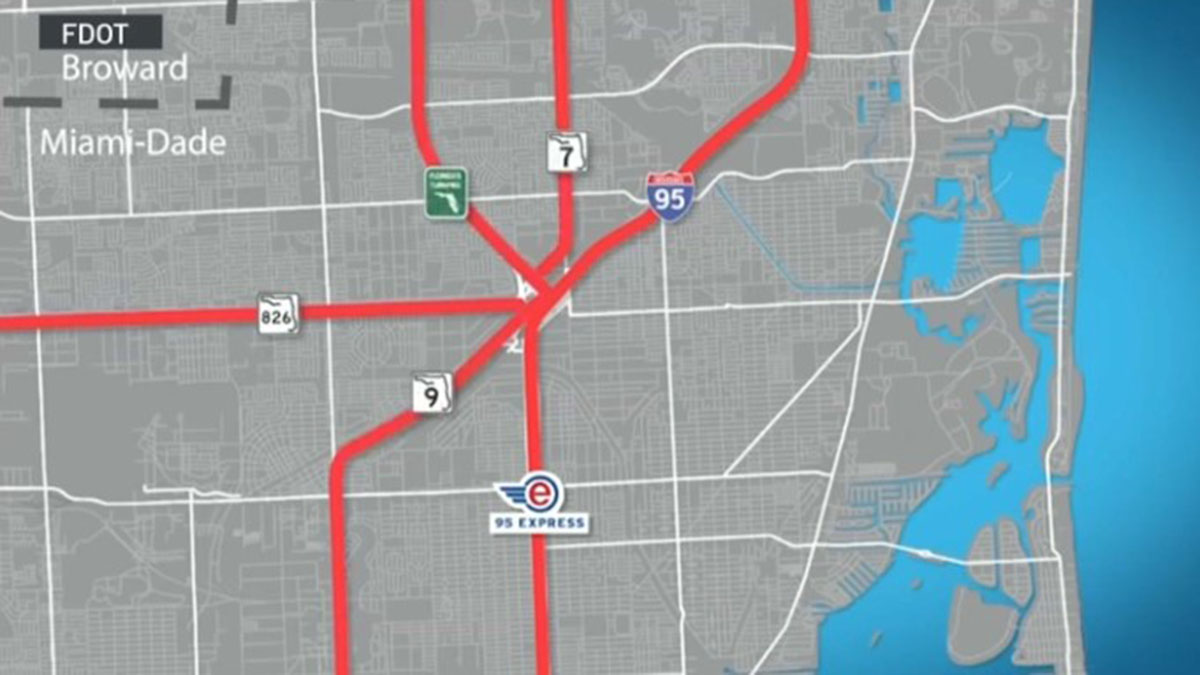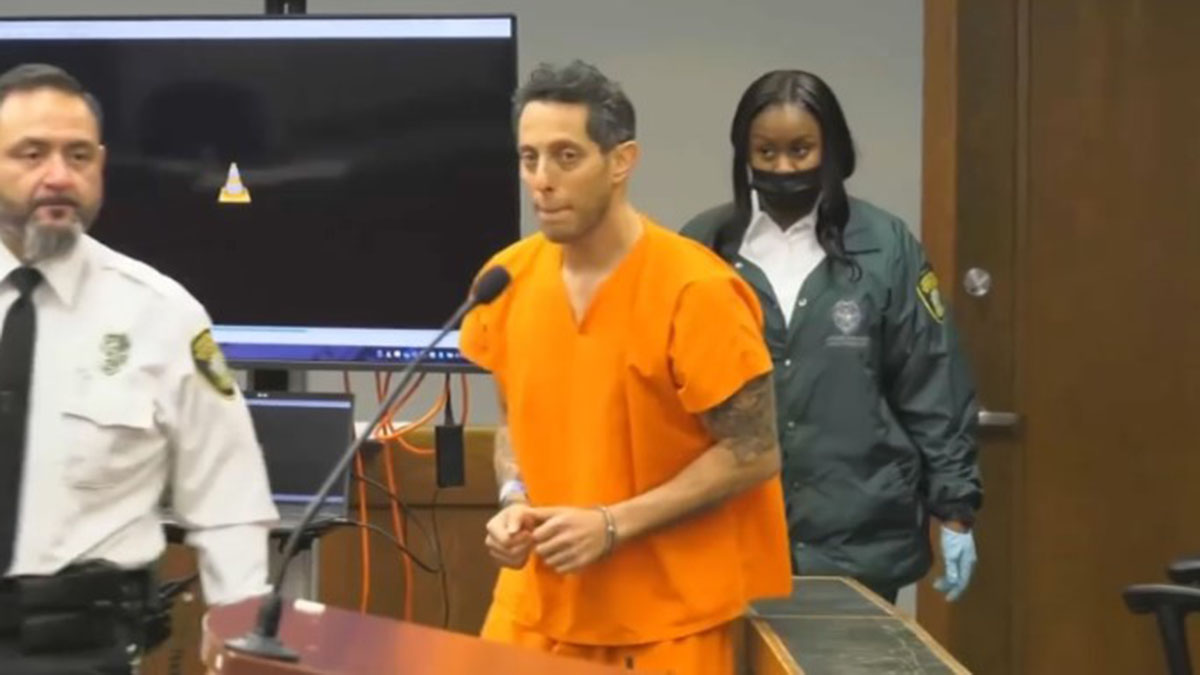Across Haiti there is a real fear about what's is happening in places that have been cut off due to Hurricane Matthew as the roads remain impassable to the western portion of the island and the fear of cholera was spreading rapidly Monday.
Families who survived the storm are struggling to make it after the flood waters from Matthew left just the cinder blocks of homes.
In one town, families lost all of their crops during the time of the banana harvest, their entire livelihood wiped out.
On Sunday, Haitian resident Moroni Charles was in Les Cayes, one of the areas hardest hit on Haiti's southern coastline.
"That was really sad to see that city and all the people that are like drying their stuff that's been after the hurricane by the woods," Charles said. "That was really devastating."
On a flight to Port-Au-Prince, American Airlines flight attendants were asking for donations from passengers to aid UNICEF and they were handing the money over. Relief workers from South Florida are now in Haiti including Chris Cottone, who came from Fort Lauderdale.
"Well you look around and you can obviously see tragedy. The country has in many areas not even rebuilt from the earthquake so we have a great love from the Haitian people and we just want to give in anyway we can," Cottone said.
From Doral the United States Southern Command has deployed helicopters, and the Marines. It says it has given out almost 100,000 pounds of supplies so far and has just short of 400 people on the ground in Haiti.
A major concern with the conditions is cholera, which is already a problem in Haiti and now even more so.
Local
"There's already been a cholera epidemic here. That's going to get worse now because there is no clean water where the hurricane really hit hard," NBC News medical contributor Dr. John Torres said. "If they don't have clean water they have to drink that contaminated water."
There are so many relief flights that there was a holding pattern at the airport Monday. Now they have to figure out how they are going to get all of the aid effectively sent out to the areas that really need it the most.



